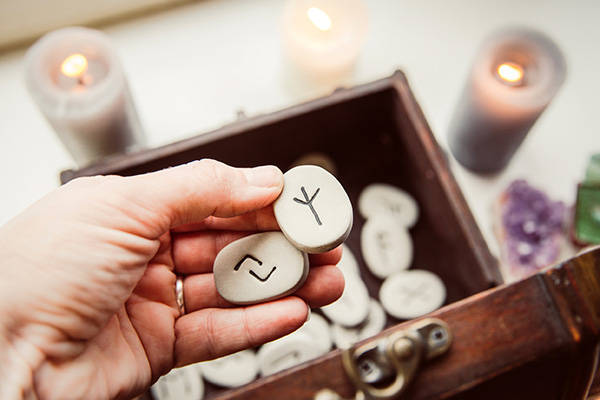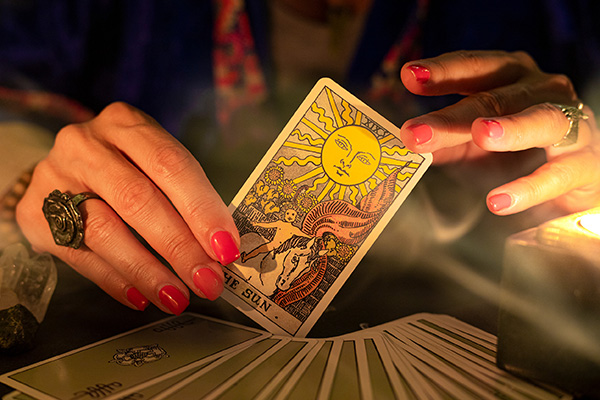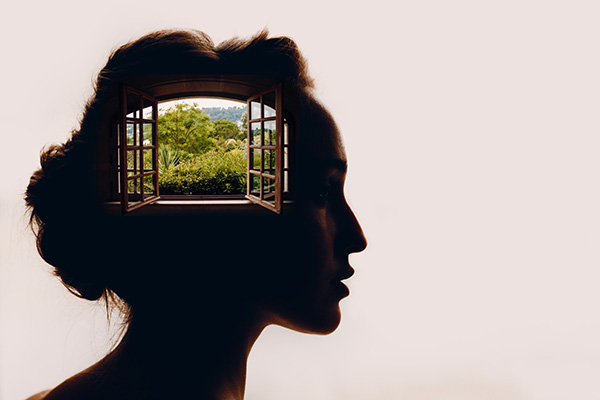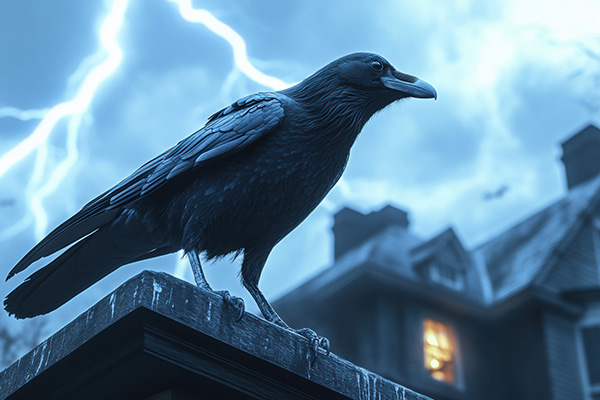psychic symbols
Start Your Day With An Empowering Rune Meditation
 The runes may hail from a distant past, but their wisdom is timeless.
The runes may hail from a distant past, but their wisdom is timeless.
Originally carved into stone and wood by the Germanic and Norse peoples over a thousand years ago, runes are much more than an archaic writing system. They are sacred symbols, each representing archetypal truths, elemental forces, and spiritual awareness.
Warriors, healers, seers, and travelers carried these symbols as talismans to protect themselves, receive guidance, and connect with the unseen energies of life.
In a world dominated by fleeting digital messages and materialistic values, the ancient Nordic runes still whisper their ancestral wisdom across the millennia.
They are energetic sigils—mystical symbols designed to invoke change, inspire clarity, and restore harmony with the cycles of nature and spirit.
Each rune pulses with a unique frequency—a metaphysical code capable of unlocking personal insight, inner strength, and spiritual transformation. Etched into stone by hands long vanished, the runes carry the weight of sacred intention.
They remind us that language and symbolism are instruments of creative power, not just tools for communication. Integrating runes into our modern lives reconnects us with an ancient way of knowing that speaks of path, purpose, and destiny.
The Multi-Layered Magic Of The Tarot
 It’s no secret that the Tarot is my favorite divination tool. It is like a trusted assistant to me, always there to provide support and clarity, both in my professional work and in my own spiritual practice.
It’s no secret that the Tarot is my favorite divination tool. It is like a trusted assistant to me, always there to provide support and clarity, both in my professional work and in my own spiritual practice.
Do you know how sometimes you have a gut feeling about something, but you can’t quite put it your finger on it? Or how sometimes you have trouble remembering someone’s name, even though it’s on the tip of your tongue?
Well, that’s how the Tarot helps me when I read for people. It often helps me bridge everyday life with the esoteric and translate psychic messages in a more practical way.
The cards act as a metaphysical magnifying glass, sharpening my psychic impressions and intuitions into clear messages, guidance and predictions. Sometimes it is just a single symbolic element in a card that jumps out, demanding attention and holding the key to unlocking the essence of the message.
A single Tarot card can reveal a plethora of meanings and insights, each layer shaped by that particular reading. Tarot is deeply symbolic and fluid, allowing each card to be interpreted in myriad ways.
First, the context of the reading is important. Whether the question is about love, career, health, finances, or personal fulfillment, the meaning of a card can change significantly. For example, the Two of Cups could mean a romantic partnership in a relationship reading, but a harmonious business partnership in a career reading.
Second, the client’s state of mind and personal circumstances influence the interpretation of the card. Their experiences, desires, and fears color how the imagery and symbolism will be perceived by the psychic. The same Two of Cups might highlight existing trust issues for one person, while signifying a newfound connection for another.
Always Keep An Open Mind In Psychic Readings
 In high school, I predicted that a friend of mine would lose something valuable and then have a car accident shortly thereafter.
In high school, I predicted that a friend of mine would lose something valuable and then have a car accident shortly thereafter.
I also warned him that the loss of something valuable would be an omen: a sign from the universe for him to be more careful and responsible.
He looked at me like I was crazy.
A few months later he lost his wallet because he had been careless. He later told me it reminded him of what I had said and it shook him up enough to start being more careful in his daily life. He even stopped his bad habit of never using his seat belt when driving.
Good thing he did. A few months later, he drove his car off a cliff! The police officer told him that he would have been killed if he had not been wearing his seat belt.
He brought up the story at our ten-year high school reunion and praised me as the person who saved his life. Of course, I did not mention the eye-rolling and “you’re crazy” look he gave me at the time. Besides, saying “I told you so” is not very dignified.
Not much has changed since high school. As a professional psychic, I still have to tell my clients things that makes them doubt our connection or my ability, and sometimes even my sanity! You learn to suck it up and deal with the raised eyebrows and side-eyes.
I understand how it feels for them, because I have had to keep an open mind as a psychic client, too. Many years ago, a medium told me that I would also work as a psychic one day. I thought this was really strange because I had been in the performing arts most of my life, and in my mind there was no way she could be right. But here I am today. Even psychics don’t always know where life is taking them.



